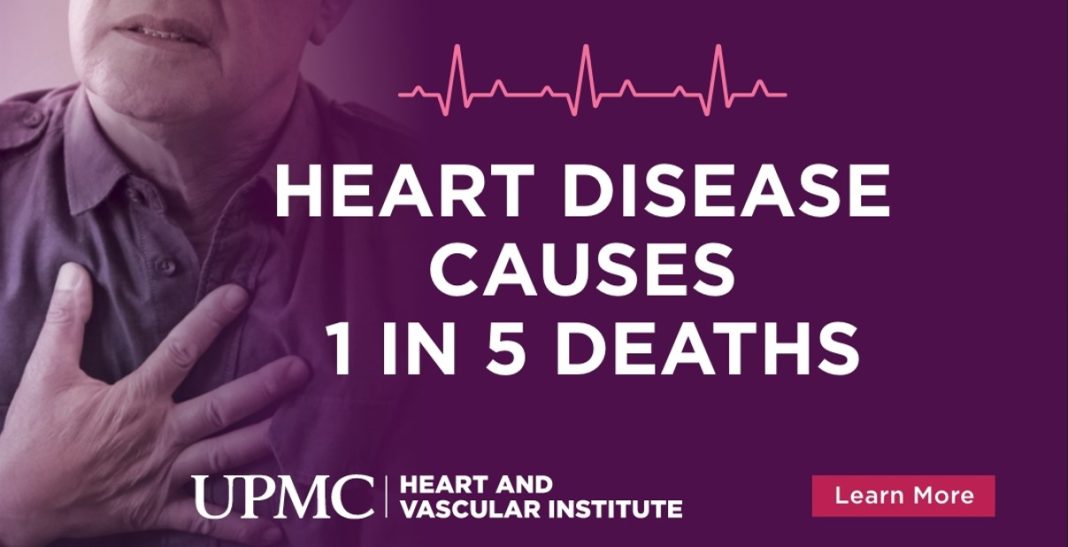Emergency Department, Express Care, or Your Doctor’s Office?

By: Kamrie Costello, CRNP
UPMC Express Care
Express Care. Urgent care. Emergency department. Extended hours. Walk-in appointments.
With more ways than ever to access medical care, we have created greater consumer choice – and greater confusion. How do you know which choice is right for you and your family? Clear up the confusion with this helpful comparison:
Emergency Care
If it’s a health emergency, think emergency department. If you are ever experiencing symptoms of a potentially life-threatening condition, such as a stroke, trauma, or heart attack, dial 9-1-1, or go directly to the closest Emergency Department.
Time matters. Your nearest emergency department is equipped to stabilize your condition and transfer you to another center for specialty services if indicated based on your condition.
Emergency departments are…
- Open 24/7.
- Intended for pressing medical emergencies.
- Staffed by highly skilled providers specializing in emergent medical conditions.
- Mandated to care for patients, regardless of their ability to pay.
- Meant to evaluate and care for patients with potentially life-threatening conditions first, through a process called triage; Patients are often not seen in the order they arrive due to the triage process.
Express Care
The terms convenient care and express care often go hand-in-hand as they offer the same services at the same hours around the same price. You get walk-in availability with access to certified nurse practitioners (CRNP) and physician assistants to help with wellness and services for non-life-threatening illnesses and injuries. If you’re unable to visit your primary care physician, an express care clinic is an exceptional alternative for treatment.
Express care clinics…
- Offer extended hours on weekdays and are open on the weekend.
- Are designed to see patients quickly and after-hours.
- Treat common, minor problems like earaches, rashes, insect bites, and flu.
- Are not equipped with the same resources and specialists as emergency departments.
- Determine wait times on a first-come, first-serve basis, and costs and co-pays are lower than urgent or emergency care.
Primary Care
Primary care offices are also known as health centers or a doctor’s office. These offices feature family medicine providers specially trained for treating patients of all ages. These offices may feature physicians (M.D. and D.O.), certified nurse practitioners, and physician assistants.
Primary care offices are…
- Open during the week and may offer extended hours for evenings or weekends.
- Your best resource for physical exams, wellness screenings and immunizations.
- Intended to manage chronic conditions like diabetes and high blood pressure, minor acute conditions like common cold, UTI and your overall wellness.
- Helpful for diagnosing problems early and connecting you with specialists as needed for outpatient evaluation and/or testing.
While the electronic medical record makes it easier to keep all your medical providers on the same page, it is always a good idea to update your family doctor on any visits to specialists or emergency services. Be sure to keep your family doctor up to date on any changes in your medical history, treatments, or medications.
Kamrie Costello, CRNP, provides services at UPMC Express Care at UPMC Cole, 1001 E. 2nd St., Coudersport. UPMC Express Care at UPMC Cole is a walk-in primary care clinic designed to meet the urgent medical needs of patients who are not able to see their regular medical provider. UPMC Express Care at UPMC Cole is open Monday through Friday from noon-6:30 p.m. and weekends from 8:30 a.m.-2:30 p.m. For more information on emergency, urgent, and primary care services available at UPMC in North Central Pa., visit UPMC.com/NorthcentralPA.








October 28, 2022 @ 10:32 am
Good luck if you go to the one in Bradford. Check with insurance first, they are not in-network for Highmark or UPMC.